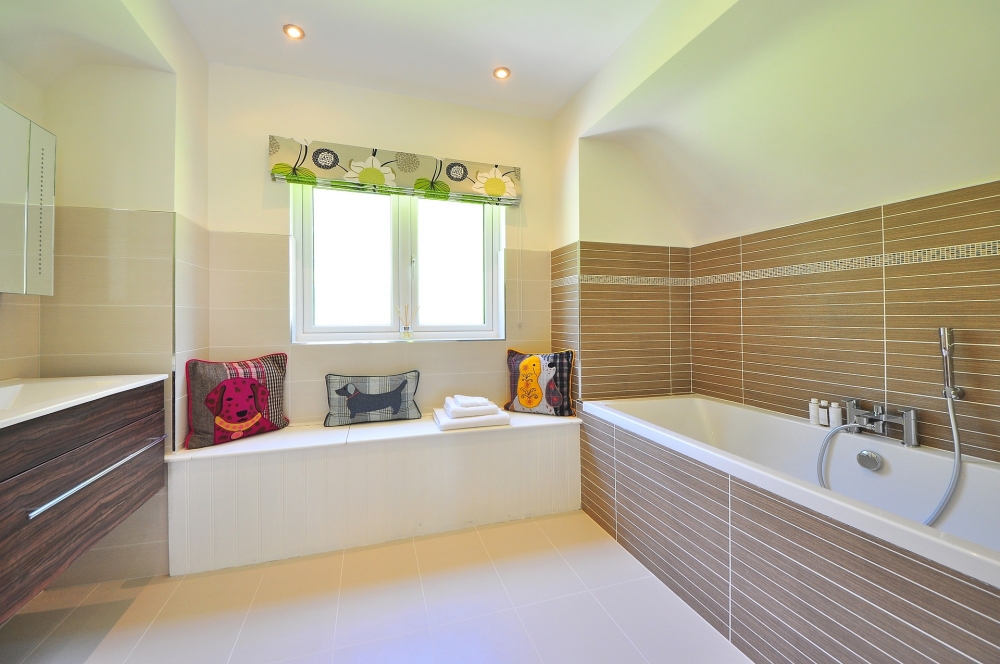Crucial Bathroom Plumbing Tips for New Homeowners
Book Now!The content directly below relating to 6 Essential Plumbing Checks for New Homeowners is relatively remarkable. Read on and make your own ideas.

For new property owners, understanding and keeping restroom pipes can conserve both money and time by avoiding expensive problems down the line. Here are some vital washroom pipes pointers to assist you keep everything running efficiently.
Get Ready For Winter
Secure your pipes from cold throughout winter by protecting pipelines in unheated locations like basements, attic rooms, and garages. Throughout extreme cold, let cold water drip from taps offered by exposed pipelines to help prevent freezing.
Set Up Regular Upkeep
Consider scheduling annual assessments with an accredited plumbing. They can spot problems that you might miss, such as concealed leaks or damage on pipes and fixtures. Normal maintenance assists expand the life of your pipes system and can prevent emergency situations.
Acquaint Yourself with the Main Shut-Off Shutoff
Recognizing where the main water shut-off shutoff is located in your house is crucial. This enables you to promptly turn off the water system in case of significant leaks or throughout pipes emergencies, stopping considerable water damage.
On A Regular Basis Examine for Leaks
Tiny leakages can result in huge troubles. Regularly inspect under sinks, around bathrooms, and near pipes components for any indicators of leaks. Seek wetness, small drips, or rust. Capturing and fixing leaks early can stop extra severe damages and conserve water.
Keep Your Hot Water Heater
Guarantee your hot water heater is set to a proper temperature level (commonly about 120 levels Fahrenheit) to prevent scalding and reduce energy usage. Flush the storage tank every year to eliminate debris accumulation, which can minimize the effectiveness and life-span of your heater.
Upgrade Your Fixtures
If your home has older fixtures, consider upgrading to a lot more efficient models. Modern toilets, showerheads, and taps are developed to make use of less water while supplying good pressure, which can significantly minimize your water bill and environmental footprint.
Beware with DIY Plumbing Repair Works
While it's tempting to deal with all home repair services by yourself, beware with plumbing. Some issues could require specialist knowledge, particularly if they involve major water lines or sewage system repair services. Employing a specialist can in some cases be more cost-effective than DIY, especially if it stops further damages.
Don't Overlook Slow Drains Pipes
If your sink or tub is draining slowly, it's frequently a sign of an obstruction developing. Addressing this very early can avoid a complete blockage. Make use of a plunger or a plumbing's serpent to clean out particles. Prevent making use of chemical drain cleansers as they can damage your pipelines with time.
Know What Not to Flush
Bathrooms are not waste disposal unit. Prevent flushing anything other than bathroom tissue and human waste. Items like wipes, womanly hygiene items, and cotton swabs need to be taken care of in the garbage to stop clogs and sewage system backups.
Set Up Strainers in Drains
Place strainers in your sink and bath tub drains to capture hair and various other debris prior to they enter your plumbing system. Cleaning up the strainers consistently will help protect against buildup and maintain water moving freely.
Verdict
Comprehending and keeping your home's restroom pipes can prevent numerous usual problems. By adhering to these essential suggestions, you can guarantee your restroom remains practical and efficient, conserving you time and money over time.
Essential Plumbing Tips for Homeowners: Keep Your Pipes Flowing Smoothly
As a homeowner, understanding the basics of your plumbing system can save you time, money, and a lot of headaches. Plumbing issues can range from minor annoyances like dripping faucets to major problems like burst pipes that cause significant damage. This guide provides essential tips to help you maintain your plumbing system and tackle common issues.
Understanding Your Plumbing System
Supply System: Brings fresh water into your home from a municipal source or a well. Drain-Waste-Vent System: Removes wastewater and vents sewer gases outside. Fixtures and Appliances: Includes sinks, toilets, showers, dishwashers, and washing machines. Basic Maintenance Tips
Regular Inspections: Periodically check for leaks, corrosion, and other signs of wear and tear. Look under sinks, around toilets, and near water heaters. Know Your Main Shut-Off Valve: In case of a major leak, you’ll need to shut off the water quickly. Ensure everyone in your household knows where the main shut-off valve is located. Prevent Frozen Pipes: In cold climates, insulate exposed pipes and let faucets drip during extreme cold to prevent freezing. Use Strainers: Install strainers in sinks and tubs to catch hair, food particles, and other debris that can cause clogs. Common Plumbing Issues and Solutions
Clogged Drains:
Prevention: Avoid pouring grease down the drain and use drain screens to catch debris. DIY Fix: Use a plunger or a plumbing snake to clear minor clogs. For stubborn clogs, a mixture of baking soda and vinegar can sometimes help. Leaky Faucets:
Prevention: Replace washers and seals regularly. DIY Fix: Turn off the water supply, disassemble the faucet, and replace worn parts.

Visit Url